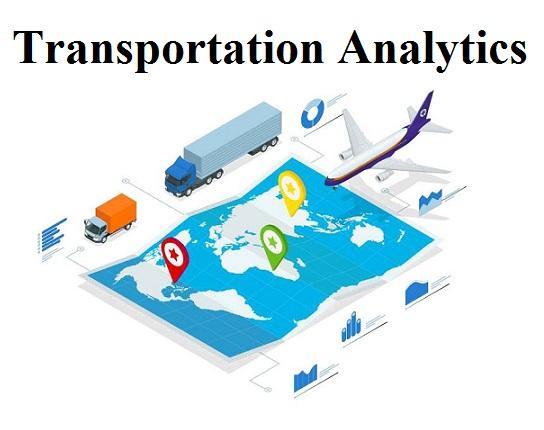The Engine of Efficiency: The Global Transportation Analytics Industry

The fusion of data science, information technology, and civil engineering has created a new and vital global industry. The Transportation Analytic industry is a diverse ecosystem of software companies, data providers, and transportation experts all focused on a single mission: making the movement of people and goods safer, faster, and more efficient. This critical industry is on a clear path to becoming an indispensable part of modern infrastructure management, with market analyses pointing to a valuation of USD 58.23 billion by 2035, growing at a robust 11.57% annually. This growth is a direct result of the industry's ability to provide concrete solutions to the pervasive and costly problems of congestion, inefficiency, and environmental impact.
The industry's primary function is to provide the "intelligence layer" for modern transportation systems. It creates the software and platforms that collect, process, and analyze the vast streams of data generated by our transportation networks. This allows public sector agencies, such as city transportation departments and public transit authorities, to make better, data-driven decisions about how to manage their infrastructure and services. It also provides private sector companies, from global logistics giants to local delivery services, with the tools they need to optimize their operations, reduce their costs, and provide better service to their customers. The industry effectively makes our transportation systems "smart."
A key role of the industry is to act as an integrator of disparate data sources. The data needed for comprehensive transportation analytics comes from a wide variety of places: GPS devices in vehicles, sensors in the roadway, ticketing systems on buses, cameras on intersections, and even weather feeds. A major function of the industry is to build platforms that can ingest all of this different data, normalize it, and fuse it together to create a single, cohesive view of the transportation network. This data fusion capability is technically complex but is essential for creating the rich, accurate, and holistic insights that users need.
The transportation analytics industry is also a key enabler of major societal goals, particularly sustainability. By optimizing traffic flow and reducing idling in congested traffic, the industry's solutions can significantly reduce fuel consumption and greenhouse gas emissions from vehicles. By making public transportation more efficient and user-friendly, it can encourage more people to leave their cars at home. And by optimizing the routes of delivery trucks, it can reduce the total number of miles traveled to deliver goods. In this way, the industry is not just a provider of business software but is also a critical partner in the global effort to build more sustainable and livable cities.
Explore Our Latest Trending Reports:
- Art
- Causes
- Crafts
- Dance
- Drinks
- Film
- Fitness
- Food
- Jogos
- Gardening
- Health
- Início
- Literature
- Music
- Networking
- Outro
- Party
- Religion
- Shopping
- Sports
- Theater
- Wellness
